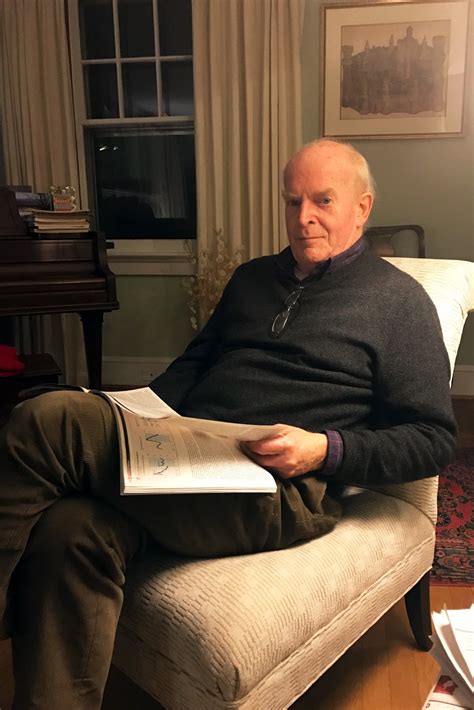A Quote by Ngugi wa Thiong'o
If poverty was to be sold three cents today, i can't buy it.
Related Quotes
Convincing isn't really possible in an age of customer control. Customers hold most of the cards today. They have good visibility into their choices, and they can easily share information with each other. Not only that, they don't like to be sold. But they do like to buy. Your job shouldn't be to convince customers to buy, but to help them buy what they want.
When we talk about gender pay gaps in the United States, and if you look at women without children, they earn 96 cents for every dollar that a man is earning, while for mothers it is about 76 cents. That's nearly 25 percent less. For single mothers, the situation is even worse. One third of them are living in poverty or just on the edge of poverty. This is an unacceptable situation.
I remember being denied a protein bar that I went in to buy. I was so hungry, and it was before an audition, and I ran in and tried to buy this protein bar. And I checked my bank account, and it was negative 17 cents... And I remember getting on the phone with my mom and laughing that I have negative 17 cents.
In [India] and across the globe, hundreds and thousands of children, as young as three, as young as four, are sold into sexual slavery. But that's not the only purpose that human beings are sold for. They are sold in the name of adoption. They are sold in the name of organ trade. They are sold in the name of forced labor, camel jockeying, anything, everything.
Thousands of salespeople are pounding the pavements today, tired, discouraged and underpaid. Why? Because they are always thinking only of what they want. They don't realize that neither you nor I want to buy anything. If we did, we would go out and buy it. But both of us are eternally interested in solving our problems. And if salespeople can show us how their services or merchandise will help us solve our problems, they won't need to sell us. We'll buy. And customers like to feel that they are buying - not being sold.
Fifty-nine cents. For years, I wore a button - '59 cents.' Many of my colleagues wore it also. The purpose was so that people would come up and ask, 'What does '59 cents' mean?' One could then launch into a discussion about how women working full time in the U.S. earn 59 cents for every dollar earned by men.
Pope Francis emphatically does not buy the argument that poverty can be alleviated by the 'trickle down' effects of wealth creation. He is deaf to arguments that the global economy has brought a billion people out of poverty. He is convinced, in short, that the best and only way to expel poverty is fairer distribution of the world's goods.






































